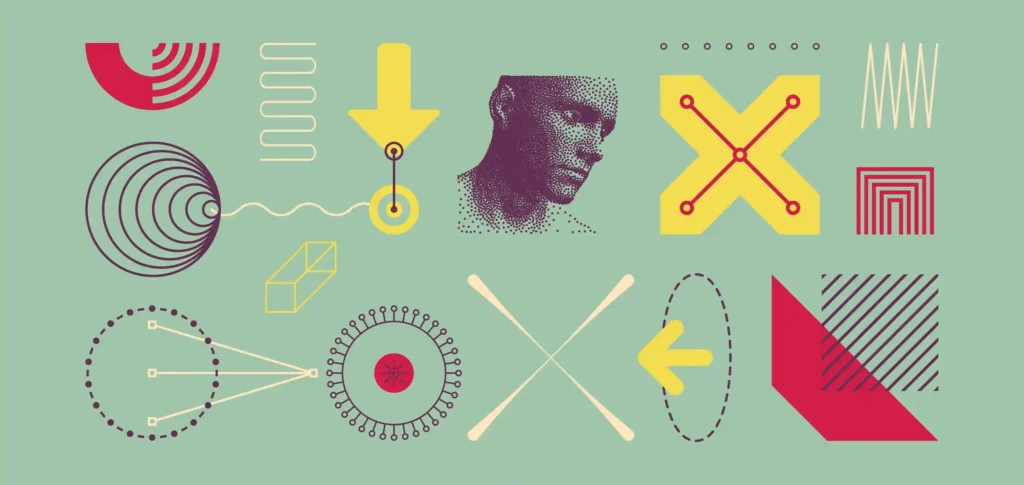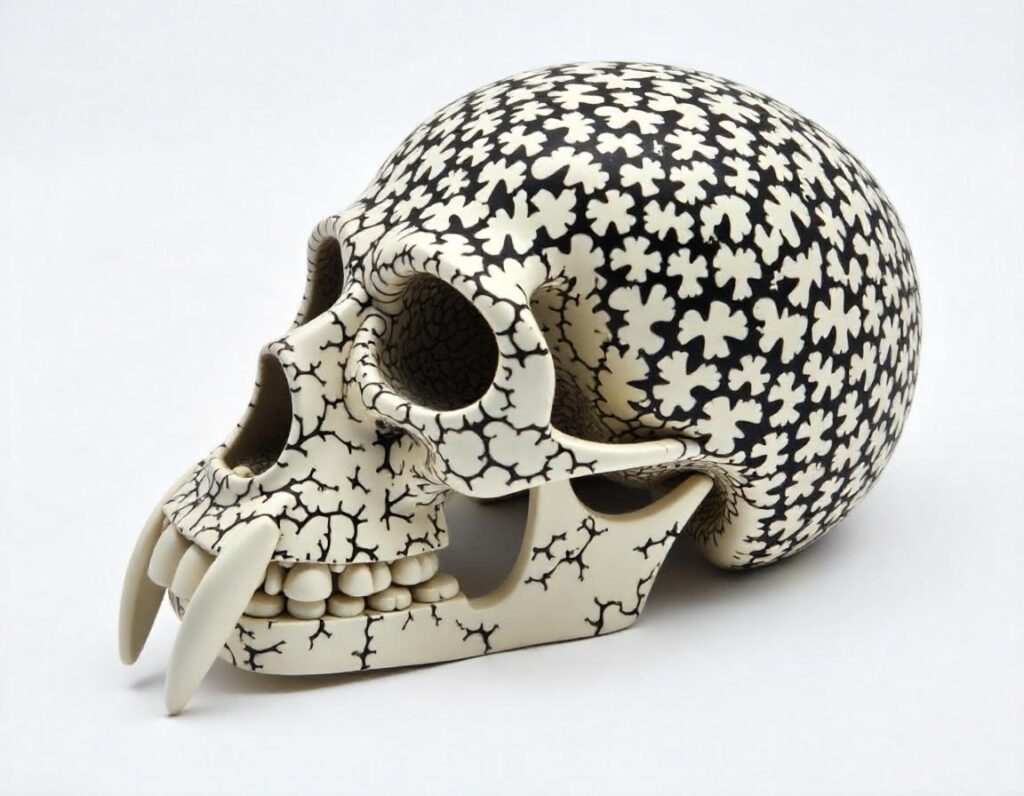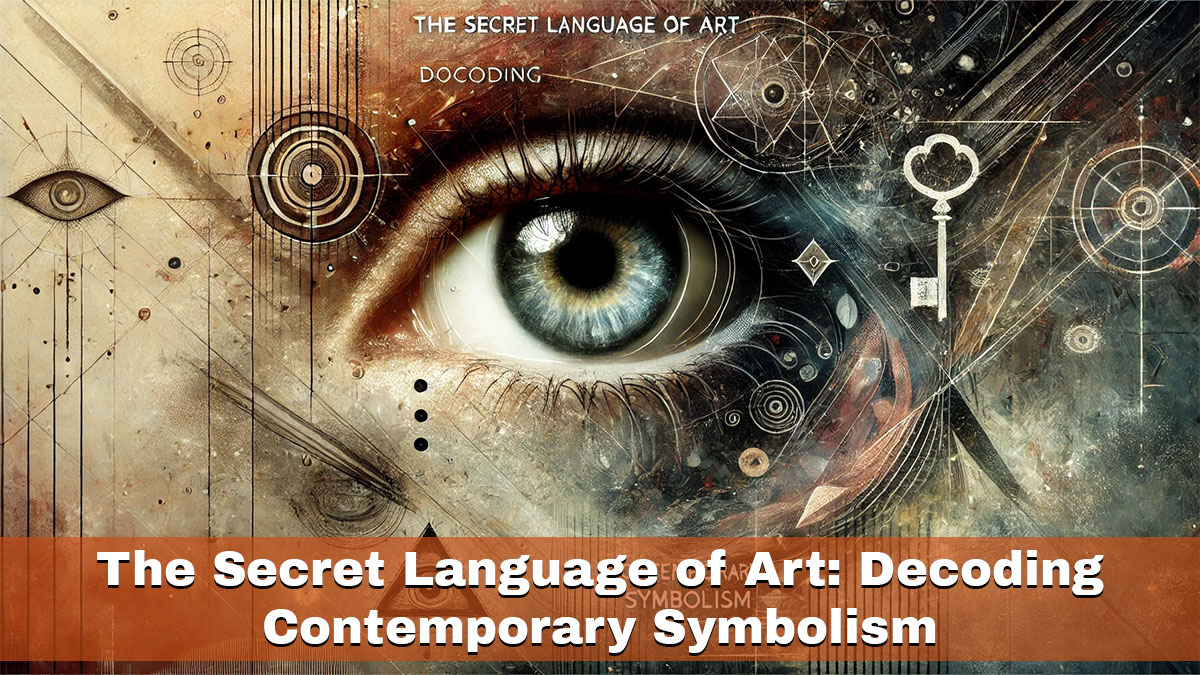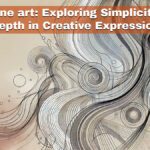The Sigma Symbol in Art: Exploring Symbolism in Modern Creativity
The Evolution of Symbolism in Art
Symbolism in art has evolved over centuries, enabling artists to communicate intricate ideas and emotions visually. From prehistoric cave drawings to contemporary digital pieces, artists have consistently used symbols to leave room for interpretation.
The Rise of Modern Symbolism
The modern art era marked a significant shift in symbolic expression. Artists in the 19th and 20th centuries, driven by rapid technological and social advancements, moved away from traditional representational practices. Movements like Surrealism and Abstract Expressionism embraced symbolism as a tool to explore the subconscious and emotional complexities. The sigma symbol, often linked to summation and completeness, became a subtle yet powerful element in abstract works.
How the Sigma Symbol and Other Symbols Are Used in Modern Art
Symbolism in contemporary art is deeply tied to human emotions, societal norms, and existential themes. Artists use symbols, including the sigma symbol, to add layers of meaning to their work.

Interpreting Symbolic Elements in Art
Artists embed symbols in various elements of their works to evoke emotions and provoke thought:
- Subject Choices: Artists select inherently symbolic subjects, such as objects or figures representing abstract ideas.
- Thematic Colors: Colors are meticulously chosen to evoke specific feelings, such as red for passion or danger and blue for serenity or melancholy.
- Composition: The placement and arrangement of elements guide the viewer’s gaze and highlight symbolic aspects, such as the sigma symbol, which serves as a focal point to signify totality.
- Brushwork: Textures and strokes convey emotions—expressive strokes may symbolize chaos, while refined strokes suggest precision.
Hidden Meanings in Contemporary Art
Symbols transcend literal interpretation, creating opportunities for introspection and engagement.
Unveiling Subtle Symbolism
Modern artists use tools like the sigma symbol to represent balance, accumulation, or the sum of experiences, inviting viewers to explore the artwork’s narrative.
- Gabriel Orozco: His skull piece, “Black Kites,” transforms a traditional symbol of mortality into a canvas for existential dialogue.
- Julie Mehretu: Her chaotic, layered works incorporate abstract symbols and imagery to reflect global issues like migration and displacement.

The Emotional Power of Symbols
Symbols are central to eliciting visceral reactions.
- Cultural Connections: Colors and forms, like the sigma symbol, resonate differently across cultures, enhancing emotional impact.
- Modern Interpretations: Artists reimagine classic symbols to evoke contemporary emotions, bridging tradition and innovation.
Examples of Emotional Symbolism in Art
- Birds: Freedom or the soul.
- Sigma Symbol: Summation, wholeness, and intellectual pursuit.
- Flowers: Innocence, hope, or ephemerality.
Symbolism as Social Critique
Modern artists often use symbols to challenge societal norms and provoke critical thought.
Case Studies in Symbolic Criticism
- Yinka Shonibare: Explores authority and cultural identity themes through fabric patterns and sculptures.
- Banksy: Integrates symbols like rats (resistance) and balloons (innocence) to critique consumerism, inequality, and war.
- Indranil Banerjee: Uses habitual symbols that communicate to the human circumstance, spirituality, and existential questions.
These creators utilize symbols in their art to foster dialogue and question societal constructs.

Decoding Symbols like the Sigma Symbol
Symbols, including the sigma symbol, offer a visual language for deeper engagement.
Tips for Decoding Symbolic Art
- Observe Narrative Elements: Identify recurring themes and symbolic motifs.
- Analyze Composition: Understand how elements like the sigma symbol are placed to guide interpretation.
- Connect Emotionally: Let personal experiences shape your understanding of the symbols.
Symbolism and Contemporary Art Movements
Incorporating symbols like the sigma symbol reflects the diverse narratives of modern and contemporary art.
Exploring Symbolism Across Movements
- Surrealism: Delves into the subconscious using dreamlike imagery.
- Abstract Expressionism: Utilizes symbols like the sigma symbol to signify existential questions or collective emotions.
- Digital Art: Combines traditional symbols with innovative techniques, creating new layers of meaning.
Conclusion: The Sigma Symbol and the Future of Symbolism in Art
Symbolism remains central to modern art, with elements like the sigma symbol enriching narratives and evoking emotions. As artists continue to explore new techniques and themes, symbols will evolve, inspiring viewers to find deeper meanings in every piece. Whether in traditional canvases or digital platforms, symbols like the sigma symbol will persist as powerful tools for storytelling, critique, and emotional resonance.




